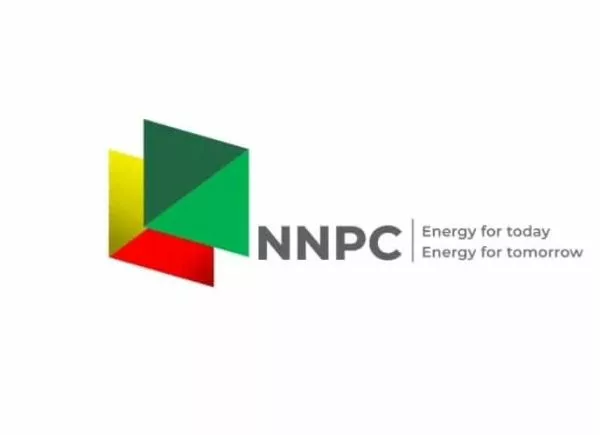Media practitioners operating in Cross River under the aegis of Cross River Journalists have charged the Nigerian National Petroleum Company Limited (NNPCL) to extend its infrastructural development programmes like schools, medical laboratories and scholarship programmes to people of Cross River State just like they had been doing in other states.
They also appealed for sponsorship of media men to sharpen their skills in energy reporting and other critical areas of human endeavour.
The media practitioners stated that 80 percent of Nigeria’s oil is tapped from the Niger Delta area stressing that it is so pathetic that the NNPCL had failed to extend facilities enjoyed by people from other regions that are not oil-producing states to Cross River and other Niger Delta states.
Chairman of the Nigeria Union of Journalists (NUJ) Cross River State Council, Comrade Archibong Bassey made the appeal during a brainstorming session on the hike in petroleum products and the high cost of living in Càlabar yesterday.
Bassey appealed for robust collaboration between the NNPCL and the media in the Niger Delta region in the area of information dissemination.
The media practitioners urged the NNPCL to adopt a proactive approach to information sharing, lamenting the lackadaisical attitude in dispensing information, which they claimed had led to speculations, suspicion and criticisms of President Bola Tinubu’s led -administration.
Also speaking, a social activist and friend of the oil industry, Oseagah Solomon, stated he was in the state to draw a line between fact and fiction regarding the perception by people about the NNPC and what the company stands for.
Oseagha, who spoke at the brainstorming meeting between Akwa Ibom State and Cross River journalists, said that it was wrong for anyone to conclude that the NNPCL is responsible for the hike in petroleum product per pump price.
He charged the Nigerian Mainstream and Downstream Petroleum Regulatory Authority (NMDPRA) to rise to their responsibility of ensuring that marketers dispensing low-quality petroleum with faulty metres are sanctioned.





